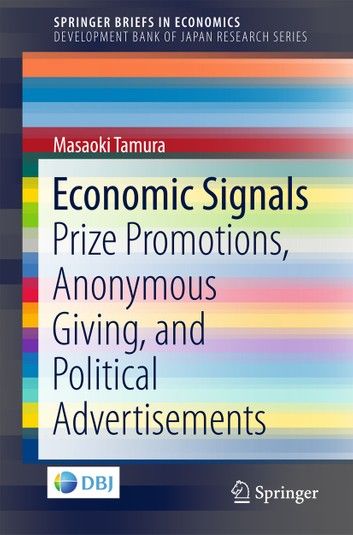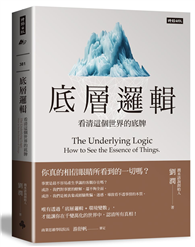This Brief sheds new light on three specific aspects of economic behavior – companies offering prize promotions, individuals making anonymous donations, and politicians creating political advertisements. These are considered signals that firms send to consumers, donors send to others, and politicians send to voters, respectively. The author shows why firms, donors, and politicians employ these behaviors, and what their social consequences are from an economic theory perspective.
This book is intended for readers who are interested in industrial organization, the economics of giving, and political economics. Each topic can be seen as an application of simple economic theory to an unusual subject matter in economics. Thus, for students, this work also offers an introduction to analytical methods in time-inconsistency and involving asymmetric information. The problems and economic settings behind these topics are firms’ time-inconsistency in a monopoly, asymmetric information in individual altruism, and asymmetric information regarding types of politicians.












